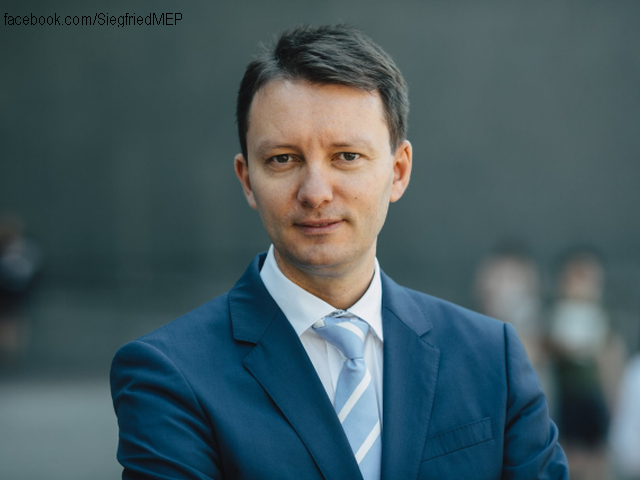Creating a budget for the EU
The European Parliament and the Council of the EU are negotiating to reconcile their diverging views on the EU budget

Corina Cristea, 08.11.2019, 13:13
Promoting divergent views on the EU budget for next year, the European Parliament and the Council of the EU are currently negotiating to reconcile their positions. At the end of the talks, the Commission might well find itself forced to come up with a new budget structure.
The budget put forth by the Commission, amounting to 168.3 billion euros, is roughly midway between the one supported by Parliament and the one created by the Council. The EP voted in favour of a 170.97 billion euro budget, whereas the Council, which represents the member states and rejected the amendments tabled by the Parliament, would like a budget of 166.8 billion, accounting for an increase of only 0.6% compared to last years figure.
The priorities of the Council, the Parliament and the Commission are the same, the European Commissioner for Budget Gunther Oettinger said however in Strasbourg, listing among these priorities the economic growth and jobs, the youth, migration and strengthening Europes environmental policy. Speaking to Radio Romania, the MEP Siegfried Muresan talked about the Unions financial situation and priorities:
Siegfried Muresan: “This is the last year of the 2014-2020 financial cycle, so there can be no miracles at this point. This cycle was planned back in 2013, and a lot has happened since then, which the European policymakers could not have predicted. First of all, we had the refugee crisis, we needed money for securing Europes borders, for increasing investments—and Id like to mention the setup of a special investment fund, called the Juncker Plan, for strategic investments, which mobilized investments of 440 billion euros leading to the employment of 1.1 million people in the EU. What Im trying to say is that we are entering the last year of this cycle, and most of the reserves have been used up for these unforeseen measures. It is now important for us to finance properly the traditional, classical priorities of the EU, so that the Union may be able to cover the expenses of the EU fund beneficiaries. The demand for funding is growing, which is why it is important that we have managed to come up with a budget that ensures the timely coverage of all these expenses.
Seeking to get as close as possible to the goal of earmarking 20% of the total 2014-2020 budget for environment-related expenses, as planned in 2013, the European Parliament pays special attention to climate change. Estimates indicate that the target will not be achieved, particularly because of the small climate-related expenses in 2014, but the Parliament wants to contribute significantly to innovation, research and new, environment-friendly technologies next year. It also intends to support digitization, to help climate research as well as research in the field of severe disease and of more efficient farming. All these are adding to the efforts to create new jobs, to strengthen the competitiveness of the Unions economy and to reduce poverty.
The Parliaments priorities related to climate, the future and youth are shared by the Council. The challenge is that 2020 is the last year of the current financial cycle, a year when some net payers will want to reduce the budget whereas other member countries would like more money in the field of cohesion and agriculture. Moreover, the Brexit situation remains uncertain, which in turn entails some costs.
Siegfried Muresan: “In 2013 the UK signed the Unions multiannual budget for 2014-2020. In other words, irrespective of the actual date of its leaving the Union, Britain has committed to contribute to the community budget until December 31, 2020. And since they have contributed to the budget, it is only fair that they should also benefit from it. Britain has paid an annual average of 10 billion euros more than it has received, so obviously when the UK leaves, the Union will be 10 billion euros short. What do we do about it? First of all, we will reduce red tape in accessing EU funds, we will make it easier for beneficiaries to get EU funding, which means that each beneficiary will have smaller management expenses. We will do more with each euro of the EU budget. This is a first measure. The second is that each member state will have to contribute slightly more than before, and the third is that there will be budget cuts in the fields that require less money.
According to the Romanian MEP, these budget cuts will not affect Romania, because the EU believes Romania still needs help and as such it will receive help in the forthcoming 7-year cycle as well.
(translated by: Ana-Maria Popescu)





























